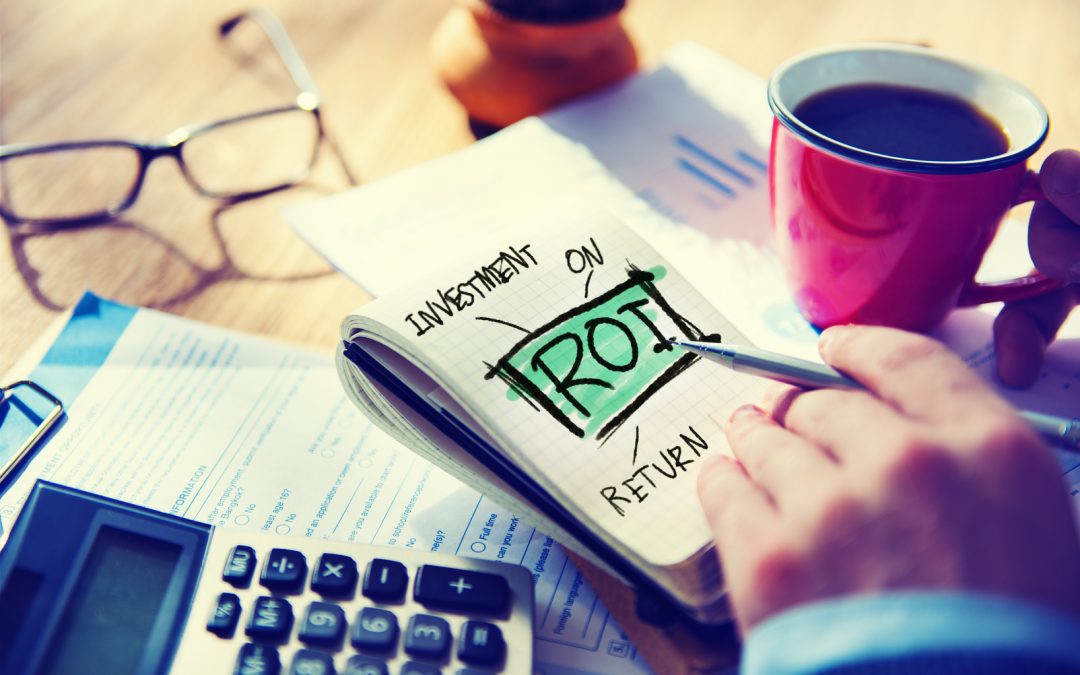Trade shows are a fantastic way to meet new industry contacts, source new equipment and plan for the future. They can also take a lot of energy. Here’s a few ways to make sure you get the most out of a trade show.
Go through the trade show giveaways, flyers, & business cards
You are going to receive a lot of promotional literature and giveaways. Most of this stuff is going into the trash but if you wait too long before going through it, you may lose steam and never bother to take out the important information you had planned on keeping. As soon as you get back to work, dump out everything and make two piles, one for recycling and one to keep.
Make notes
Some people make notes on their phones, others in note pads, and others on sticky notes. How ever you track your projects and to-do lists, make sure to add notes about those important businesses and products you found at the show, otherwise you will forget important details and information which equates to wasted time and money attending the show.
Relate article: 6 must-do’s before attending the IBIE
Don’t lose contact
Make sure to connect with key personal from the show right away as it is easy to lose a business card. LinkedIn is a great way to stay in contact and includes adding a face to the name, sending a quick email also works well. If the person will be involved in a project you are planning on taking on, such as implementing a new bakery software system, it’s even more important to connect right away while certain plans or information discussed at the show is still fresh in their mind too.
Make detailed plans
During a big trade show, there is a lot of energy and meetings. It is easy to get over excited and start planning too many projects at one time. Its important to make a list of all the projects and plans started at the show and then give each a timeline, budget, and priority rating. Now you can take on the highest priority projects first, and give your contacts a realistic timeline.
Create a trade show ROI report
Attending an industry trade show costs time and money. It is good practice to determine what information and projects were made available at the show and ensure that the return on investment was worthwhile.


